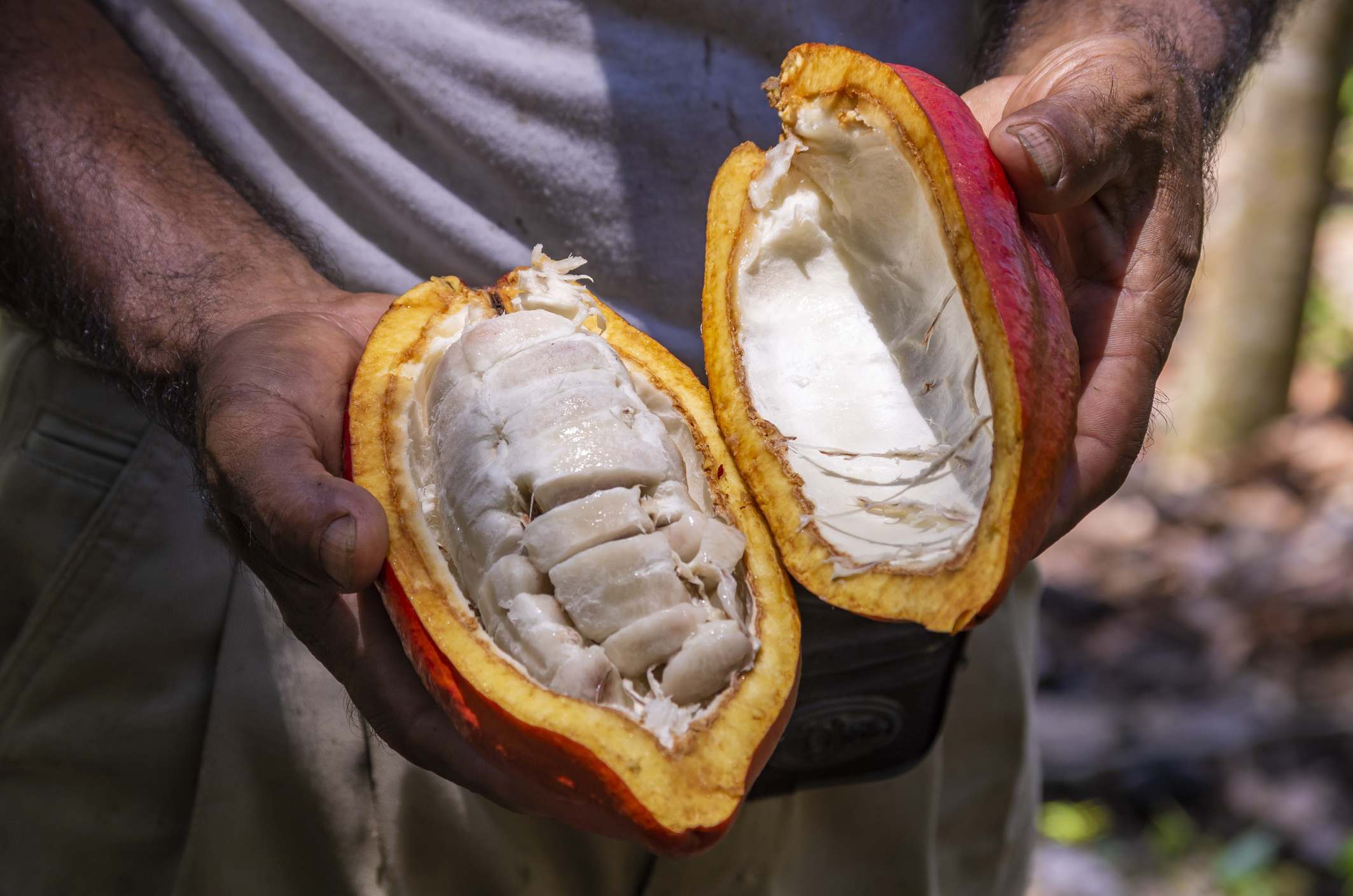Can a foreign company be held liable under American law for using child slave laborers in another country if the operations were overseen from the U.S.?
That is the question facing the U.S. Supreme Court in a child-slavery case that has been in the U.S. justice system since 2005. On Monday the court asked U.S. Solicitor General Noel Francisco for his view on whether the justices should hear an appeal from Nestle’s U.S. unit and Cargill to end a suit that accuses them of being involved in forced labor on cocoa farms in the African country of Ivory Coast.
A Supreme Court decision in the case may hinder human-rights activists who have been relying on the Alien Tort Statute of 1789 to try to hold companies accountable for abuses made overseas. If the justices decline to hear the appeal, the companies would face a lawsuit brought by six citizens of Mali who say they were forced to work as child slaves. If the justices hear the appeal and rule for the companies, the activists may have one fewer legal tool to use.
Both companies have long denied allegations that they were aware that child slavery was being used and that they aided and abetted slave labor by giving Ivory Coast farmers financial aid to keep cocoa prices low. The Supreme Court’s request to the Trump Administration for advice may be a sign that companies’ protection from such overseas lawsuits may strengthen.
“Child labor is unacceptable and we are committed to preventing and stopping it whenever it occurs in our supply chain,” Nestle says on its website. “It is difficult to remove the risk entirely, but we are dedicated to doing so.”
Cargill, in the appeal to the Supreme Court, said the plaintiffs “do not allege they worked on a farm from which Cargill purchased cocoa or to which Cargill provided any form of assistance.”
Ivory Coast is the world’s biggest producer of cocoa, with beans and related products the country’s top exports. Cocoa accounts for more than half of the country’s export revenue. Ivory Coast and the No. 2 producer, Ghana, control more than 60% of the world’s cocoa and have agreed to join forces to raise the global price of the commodity.
An estimated two million children work in dangerous conditions for less than $1 a day on cocoa farms in Ivory Coast and Ghana, according to the U.S. Bureau of International Labor Affairs.
- None of the world’s major manufacturers, which account for about 80% of the $103 billion in annual chocolate sales, have removed child labor from their supply chains, according to watchdog groups. Green America, a social justice and environmental non-profit, releases an annual scorecard grading chocolate makers on their labor practices. Nestle received a C+, while Cargill wasn’t included.






















